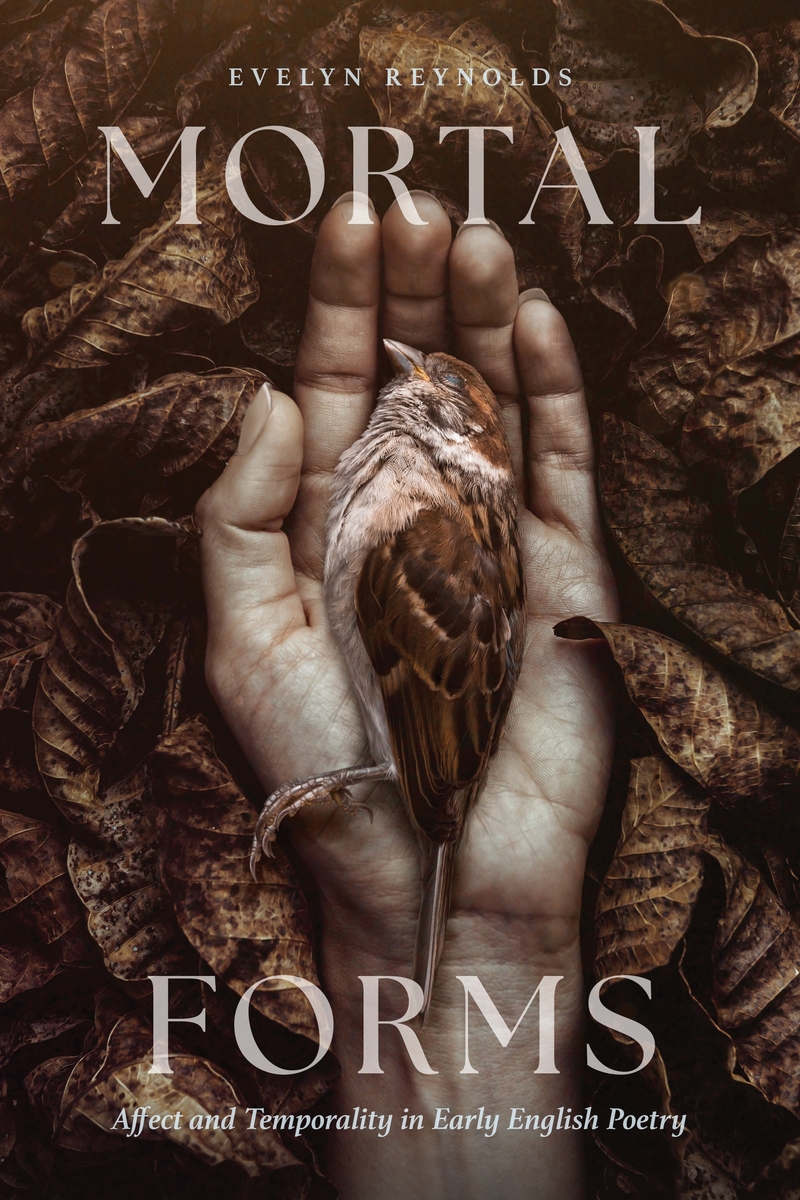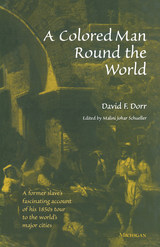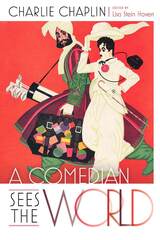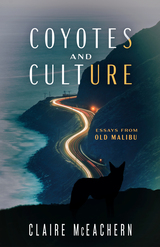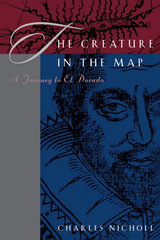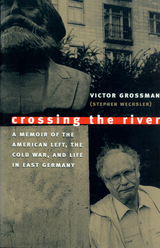Mortal Forms: Affect and Temporality in Early English Poetry
The Ohio State University Press, 2026
Cloth: 978-0-8142-1606-4 | eISBN: 978-0-8142-8480-3 (individual)
See other books on: Affect | English, Irish, Scottish, Welsh | European | Medieval | Temporality
See other titles from The Ohio State University Press
Cloth: 978-0-8142-1606-4 | eISBN: 978-0-8142-8480-3 (individual)
ABOUT THIS BOOK | AUTHOR BIOGRAPHY | REVIEWS | TOC
ABOUT THIS BOOK
In Mortal Forms, Evelyn Reynolds introduces the concept of the “absorption-denial dynamic” to explore how medieval English poetic forms simultaneously invite and resist imaginative and affective engagement. She thus offers a model for understanding how language engages audiences with that which is beyond language. This new methodology helps us understand how poetic forms communicate the unspeakable—especially of loss and grief, pain and disgust, joy and eternity—without circumscribing it. Connecting medieval English poetics to modern aesthetic theory and broader questions about the limits of representation, Reynolds considers Old and Middle English poems alongside one another and reads texts achronologically, thus revising standard histories of English poetics that insist on dramatic change from Old to Middle English. Overall, Reynolds deftly deploys her innovative theoretical framework to attend to how medieval poems, from Beowulf to Piers Plowman, navigate the limits of the unspeakable—and thus to develop an understanding of poetics that can enrich our capacity to meet the losses of our own time.
See other books on: Affect | English, Irish, Scottish, Welsh | European | Medieval | Temporality
See other titles from The Ohio State University Press
